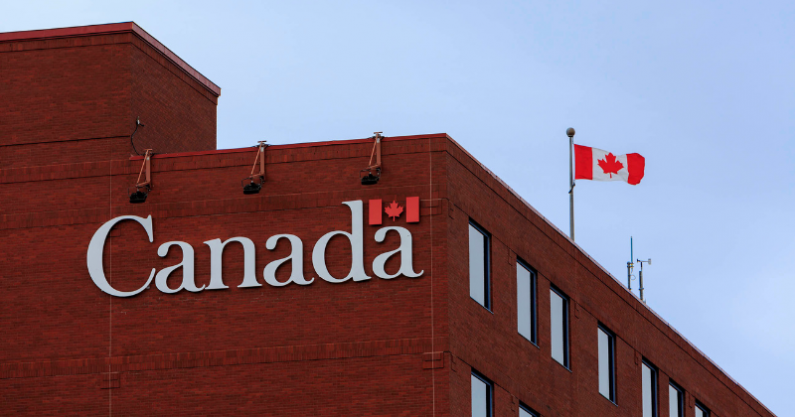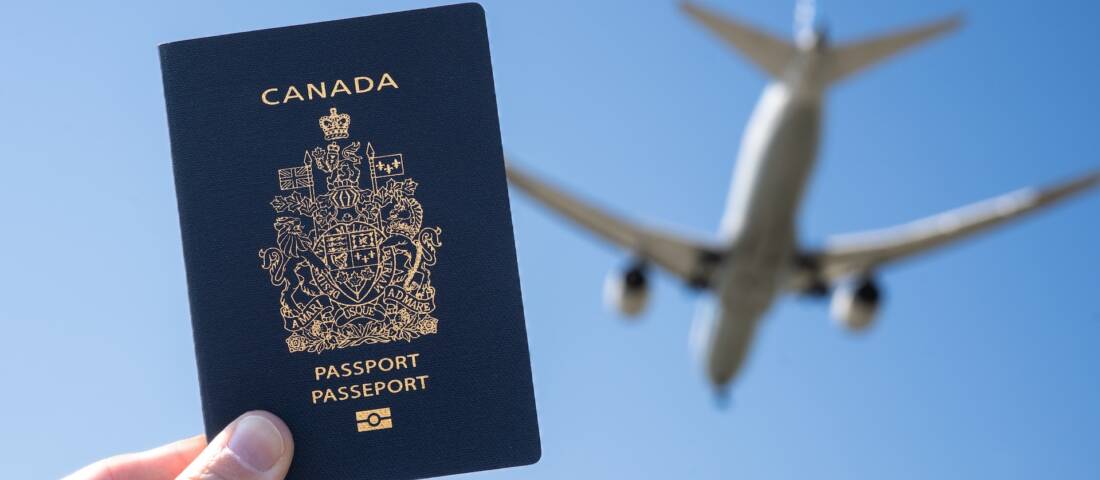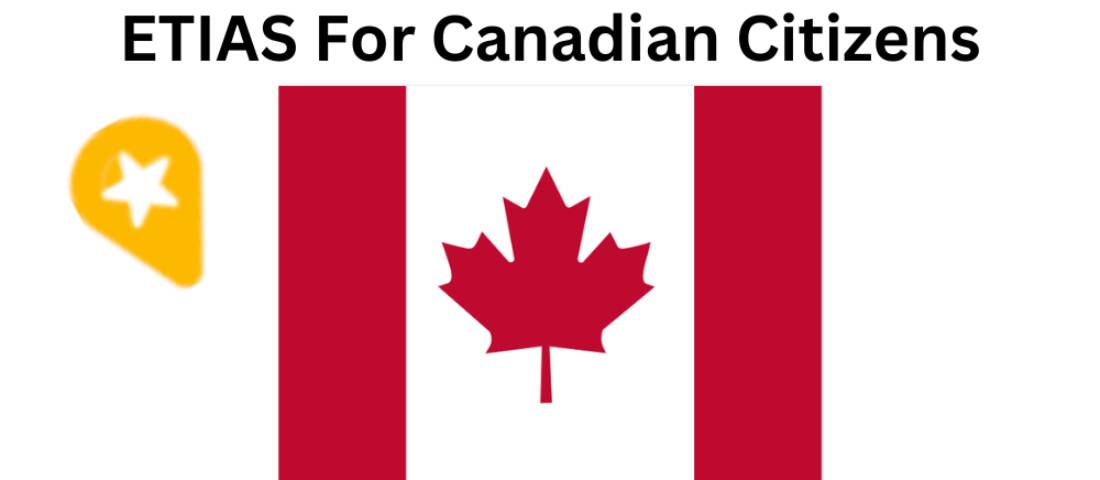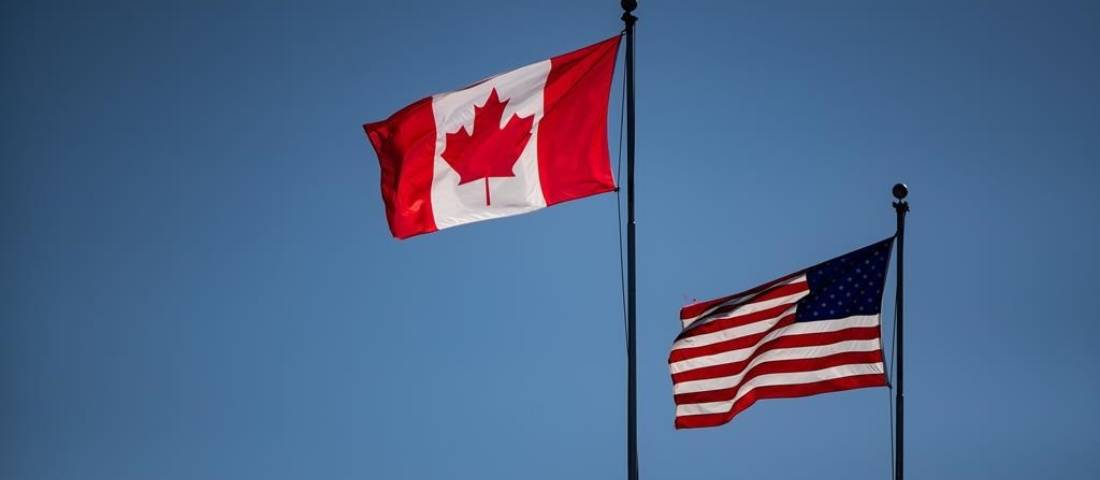Immigration lawyer Evelyn Ackah is concerned about recent reports that most Canadians get their information about Canada's border police from a border security Canada tv show that was canceled in 2015, Border Security: Canada's Front Line:
Immigration law and the role of Canada's border security police continuously evolves and changes. Depending on information from a 2012 reality TV show is worrisome. With 43% of respondents to a recent survey saying they get their information about Canada's border security from this outdated program, that means they are not aware of the many recent changes to border security and other border agency regulations.
The role of Canada border agents in enforcing immigration and cross-border business law is vital for the protection of Canadians who conduct cross-border business. As immigration and refugee laws in Canada, the United States and around the globe continuously change, it's important that our citizens have reliable, accurate information on our border laws and regulations.
Recent Changes to U.S. / Canada Border Crossing Regulations
"Don't risk getting denied entry to the United States and face a potential lifetime ban due to inaccurate information," advises immigration expert Evelyn Ackah. "If you have any questions about your eligibility to cross the border as border regulations constantly change, please consult an immigration lawyer to deal with potential problems and remove obstacles before you get to the border." Since the Canada Border Service Agency CBSA border security TV program began in 2012, there have been significant changes to immigration and border regulations:
- New and increased taxes on goods imported from the United States.
- U.S. travel bans that have impacted Canadian residents and citizens.
- Changes to CBSA's Trusted Traveller Programs (TTPs) including CANPASS, Free and Secure Trade (FAST) and NEXU.S. eligibility.
- Pre-clearance customs authority to American border guards for Canadians who want to enter the United States.
- Expanded screening when flying into the United States.
- Tightening of border security to address increased U.S. to Canada refugee traffic as the United States has strengthened enforcement of illegal immigrant prosecution.
- Effective October 2018, Canada will legalize the recreational use of marijuana, although it will remain illegal to take cannabis across Canada's national borders.








